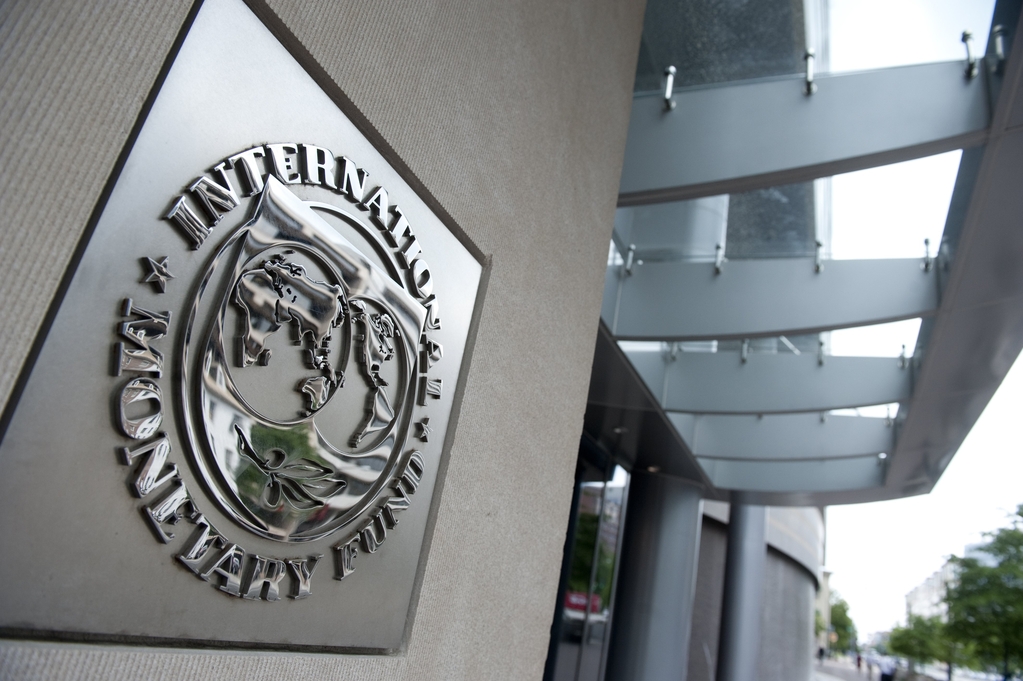The Egyptian Financial Supervisory Authority (EFSA) will issue the first version of the consumer finance law for community dialogue in a short period of time, according to Mohamed Omran, chairperson of the authority.
Omran pointed out that the volume of consumer finance in Egypt is approaching EGP 70bn, which would require putting the activity under EFSA’s supervision to be subject to regulations.
During the Development Partnership for Financial Leasing on Tuesday, Omran said that the size of the financial sector in Egypt reached EGP 5tn by the end of June 2017, including EGP 4.4tn in the banking sector, EGP 886bn in the financial non-banking sector, and EGP 204bn at Egypt Post.
He added that the volume of financial leasing at the end of 2017 reached EGP 28.6bn, up from EGP 4.3bn at the end of 2013.
According to Omran, the volume of these contracts was about EGP 27bn in the first nine months of 2018, noting that EFSA plans to increase the size of financial leasing contracts to EGP 35bn by the end of 2018, and EGP 80bn by the end of 2022.
In a different context, Omran said that the size of micro financing in the Egyptian market reached EGP 7.2bn by the end of 2017, expecting it to reach EGP 11-12bn by the end of 2018, which would benefit 2.6 million clients, 70% of whom are women.
“EFSA’s board will discuss the criteria for the solvency of financial leasing companies at the end of this month,” Omran said.
He explained that there are about 200 companies with a financial leasing license in Egypt, including 20 or less that actually work in the field.
Omran said that the National Strategy for Non-Banking Financial Services (2018-2022) aims, primarily, to increase the competitiveness of the Egyptian economy, and increase its attractiveness to domestic and foreign investments. He pointed out that the indicators on which competitiveness reports and the global business climate depend, are largely focused on the performance of the non-banking financial sector activities, and give great weight to their efficiency and development.
The strategy focuses on attracting new domestic and foreign investments to the financial services sector in order to improve its efficiency, increase its competitiveness, and transfer a great deal of foreign expertise to Egypt. It aims to improve transparency and fight corruption, improve governance, and strengthen the institutional framework of the sector, he pointed out.
He referred to the issuance of the law 176 for 2018 on the organisation of financial leasing and factoring in August 2018, being among the non-banking financial tools for the economic, productive, service or commercial purposes.
The law aims to provide diversified financial tools for productive and services projects, in addition to improve financial inclusion, and participate in spreading non-banking
financial services around the country, and reach segments of the society that are not currently benefiting from many financial services, through allowing the company’s outlets, NGOs, and civil society organisations that are licensed to practice micro financial leasing on law number 141 for 2014 to provide micro financial leasing, in light of the regulation set by EFSA’s board, by using its database of 2.6 million citizens at the end of the second quarter of 2018 to reach the biggest number of clients in the small crafts sector, which is also an incentive for complementary micro industries, Omran explained.
He further elaborated that within the framework of starting to activate the provisions of the law, the EFSA Board of Directors issued a number of regulatory decisions, including the rules of granting licenses to financial leasing companies, and procedures to adjust their conditions.
It also issued a decision on the rules for the preparation and examination of financial statements. A dialogue is currently underway with financial leasing companies about the solvency criteria that companies must adhere to.
Later, the Accounting Standards Board will hold a meeting to discuss accounting standards related to leasing, which includes the accounting treatment of financial leasing activity.
In light of recent legislation to regulate the financial leasing activity, customers benefit from financial leasing by exempting contracts for the transfer of ownership of assets leased and concluded in accordance with the provisions of the Financial Leasing Law, and factoring from the fees of documentation in the notary offices, granting new tax incentives that promote financial leasing, such as exemption from tax on real estate transactions listed in law 91 for 2005 for real estate assets that are rented for financial leasing purposes, Omran stressed.
EFSA aims through the National Strategy for Non-bank Financial Services to create an inclusive non-bank financial system, stimulate economic growth, improve financial inclusion, contribute to achieving sustainable development, achieve social justice, and attain greater non-bank financial openness to the global economy, as well as access to better management, he concluded.



